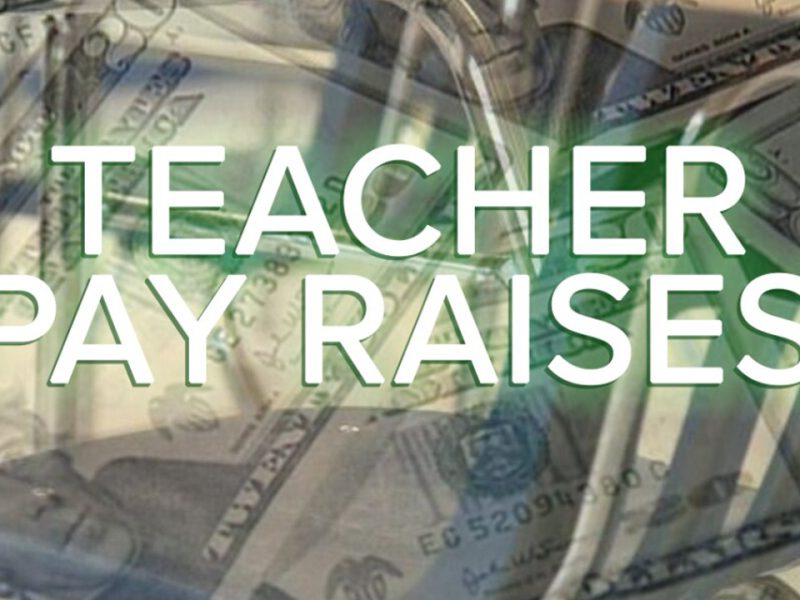
Teachers unions urge judge to block public-employee union law
Orlando Sentinel | By Jim Saunders | June 23, 2023
TALLAHASSEE — A federal judge heard arguments Friday in an attempt by teachers unions to block key parts of a new Florida law that places additional restrictions on public-employee unions.
Chief U.S. District Judge Mark Walker did not immediately rule on a request by the Florida Education Association and three other unions for a preliminary injunction. The unions contend that the law, signed May 9 by Gov. Ron DeSantis, violates First Amendment and contract rights.
Walker peppered attorneys with questions during the more than three-hour hearing, which focused on parts of the law that would require union members to fill out new government-worded membership forms and prevent union dues from being deducted from workers’ paychecks.
As an example, the lawsuit contends the required forms violate First Amendment rights because they include information about issues such as Florida being a “right-to-work” state. The unions argue that the forms would compel them to, as Walker described it, be a “courier” for state messages about such issues.
“It is a violation of the First Amendment of the Constitution of the United States of America, which gives you the right to free speech,” Florida Education Association President Andrew Spar told The News Service of Florida during an interview Friday. “The government can’t tell you what to say and how to say it.”
At one point in the hearing, Walker asked, “Is there anything more controversial in the labor movement than right to work?”
But Bryan Weir, an attorney for members of the Florida Public Employees Relations Commission, the defendants in the case, disputed that the law requires unions to disseminate the forms to workers. He said it puts a requirement on workers to fill out the forms, which could be obtained from places such as the commission’s website.
Leon Dayan, an attorney for the unions, pushed back against such arguments, saying unions would need to distribute the forms to sign up workers.
“Unions exist to organize the unorganized,” Dayan said.
The Florida Education Association, the United Faculty of Florida and unions representing employees of the Alachua County school district and the University of Florida quickly filed the lawsuit after DeSantis signed the measure (SB 256). Union members from across the state fought the bill during this spring’s legislative session, but it was approved by the Republican-controlled House and Senate.
In addition to the membership-form and dues-deduction issues, the law requires gauging how many eligible employees are dues-paying union members. If fewer than 60 percent of eligible employees are members, unions will have to be recertified as bargaining agents.
The law applies to most public-employee unions but exempts unions representing law-enforcement officers, correctional officers and firefighters, which have supported DeSantis and other Republicans politically. DeSantis and teachers unions have repeatedly clashed about education policies, and the Florida Education Association was a key supporter last year of DeSantis’ election opponent, Democrat Charlie Crist.
The ban on dues deductions from workers’ paychecks has perhaps drawn the most attention in debates about the law. Under the change, union members would have to separately pay dues.
The lawsuit contends that the change would unconstitutionally violate already-existing contracts that require dues to be deducted from paychecks.
But Walker asked Friday whether an injunction against that part of the law could be “toothless and pointless.”
Walker said such an injunction would apply to the Public Employees Relations Commission, which is responsible for carrying out the law. But he said government employers would still be bound by the law preventing them from deducting dues from workers’ paychecks. Employers are not defendants in the case.
During an appearance last month, DeSantis said the change would “provide more protection” for teachers’ paychecks.
“That’s not appropriate to have automatic deductions,” DeSantis said. “If you want to do it, you can write a check and hand it to them. What this does is relieve the pressure off the individual teacher or employee.”
While Walker considers the request for a preliminary injunction, a separate challenge to the law has been filed in Leon County circuit court by unions representing city workers in South Florida. That challenge argues, in part, that the law violates collective-bargaining rights under the Florida Constitution.
Circuit Judge J. Lee Marsh is scheduled to hear arguments Tuesday on a request for a preliminary injunction in that case.





